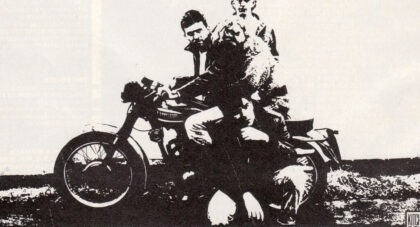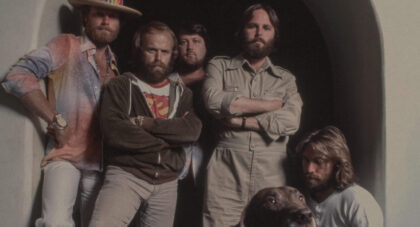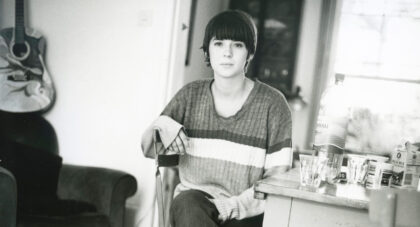When Pharoah Sanders entered the studio to record Tauhid, his second album, he must have felt at ease. Which may have come to a surprise to him. Though he’d developed a reputation as an intense tenor with an idiosyncratic style, Sanders had yet to establish himself as a marquee player. Pharoah’s First had come and gone in 1964 without making much of a splash; while the soloing is marked by the intense overblowing that was already becoming his trademark, it overwhelms the hard-bop backing of the band, even one working as hard as this one.
But by the time he assembled a group to record the follow-up two years later, he’d ridden the hoarse wave of his sound far enough to become one of jazz’s most exciting young players. He was playing regularly with John Coltrane, whose sound Sanders was helping to redefine on records like Ascension and Om, and with whom he’d toured Japan. He’d recorded with Ornette Coleman and worked with Sun Ra, who gave the man born Farrell Sanders his regal nickname. Tauhid–which along with 1969’s Jewels of Thought and 1970’s Deaf Dumb Blind (Summun Bukmun Umyun) is now being lovingly reissued by Anthology Recordings–came at a watershed moment. It would be his first for the powerhouse Impulse! Label, and and his first chance to step out from his enviable role as Coltrane’s confidant and establish himself as a true member of the vanguard.
So it’s still surprising today, fifty-one years after the album’s release, just how long he waits to make his voice heard. It takes a full five and a half minutes of “Upper Egypt and Lower Egypt,” the album’s two-part opening track, before the leader appears–and when he does, he’s tooting a piccolo. It’s an inauspicious greeting, but a deft one, too: While we’ve waited for the soloist to take to the stage, his band, led by Dave Burrell’s chunky piano chording and the rumble of Roger Blank’s toms, gin up a distant thunderstorm and slowly bring it nearer. As they recede and Sanders enters, it’s as though he’s descended from a dust cloud, a mythical man humming through a pan pipe. He finally picks up his horn a good seven minutes later, and again he takes his time, slowly moving from warm notes of gratitude to the kind of all-out reed-biting attack for which he’s still most well known. “Japan,” a traditional tune Sanders learned on tour in Asia, follows in a kind of gummy gray mode that has nearly as much in common with the bedroom lo-fi of, say, mid-’90s K Records and the sweated-out folk of Amen Dunes as it does with, say, Coltrane’s Live in Japan.
Only the good shit. Aquarium Drunkard is powered by its patrons. Keep the servers humming and help us continue doing it by pledging your support.
To continue reading, become a member or log in.


